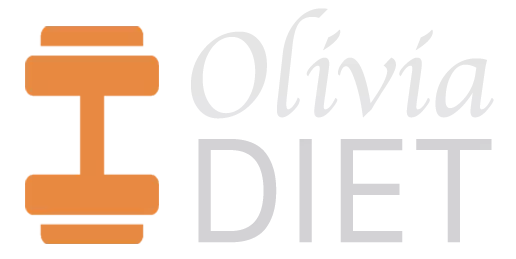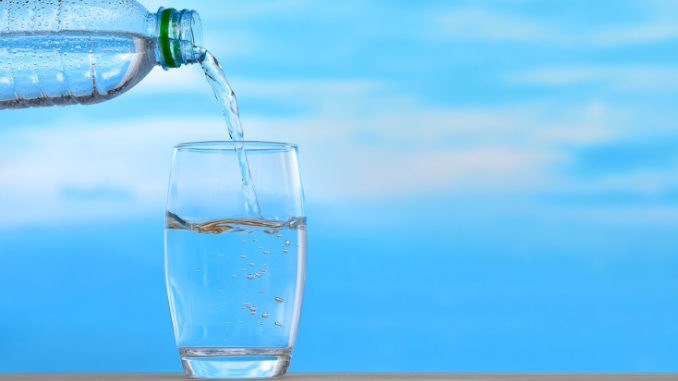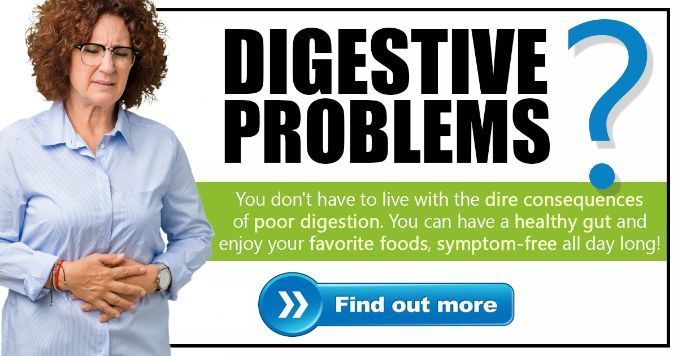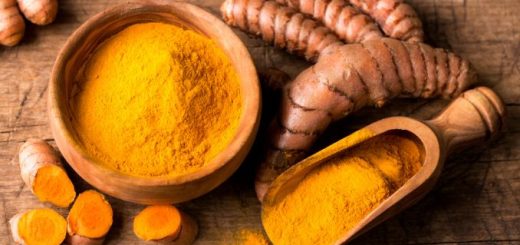Prep Diet for a Successful Colonoscopy
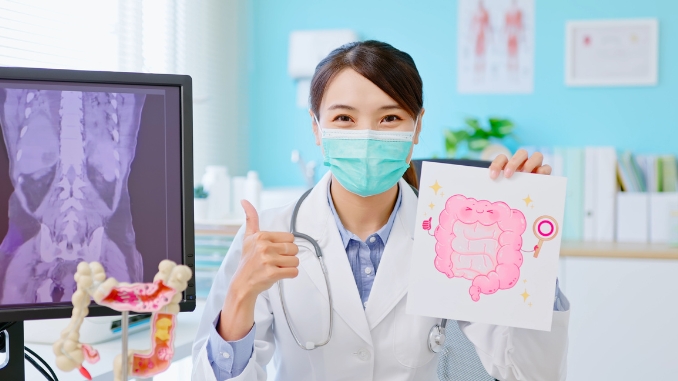
Last updated on April 3rd, 2025 at 09:23 pm
A colonoscopy is a medical procedure involving examining the large intestine (colon) and the rectum using a flexible tube with a camera called a colonoscope. This allows the doctor to visualize the inside of the colon on a digital screen in real-time. It's particularly conducted to investigate signs and symptoms of intestinal diseases such as Colon cancer, Diverticular disease, Crohn's disease, etc. However, there are colonoscopy prep diets that can help you.
Moreover, don't neglect diet restrictions before the colonoscopy procedure. That heavy meal might end up photobombing in the background through the process. The primary reason is to get the colon as clean as possible without food residue.
The Importance of Preparation
In preparation for a colonoscopy procedure, the emphasis is on maintaining optimal cleanliness of the colon, starting two days before the scheduled procedure and continuing until the actual time of the procedure. Without debris or residue in the colon, the doctor can identify any abnormalities, such as polyps or lesions, more accurately. Food residues may interrupt the movement on scope through its path and cause discomfort.
Moreover, when abnormalities are detected during the procedure, they can often be removed or biopsied. A clean colon will allow safe intervention, reducing the risk of infection or additional procedures. This also prevents misdiagnosis leading to more efficient treatment and recovery.
Overall, the colonoscopy prep diet ensures the safety of the procedure and the accuracy of results. Here are helpful prep diets to practice days before colonoscopy.
Low-fiber Diet: 2 Days Before Colonoscopy
A low-fiber diet is a dietary regimen before a colonoscopy. It is designed to reduce the amount of fiber consumed for 2 days before a colonoscopy procedure. The goal of consuming only low-fiber foods before a colonoscopy is to minimize the residue in the colon, making it easier to cleanse and prepare for the procedure.
Foods Allowed on a Low-Fiber Diet:
- Well-Cooked Meat- Well-cooked meat is generally easier for the digestive system to process. It's broken down more thoroughly in the stomach and small intestine, reducing the likelihood of undigested particles reaching the colon. Avoid eating tough meat that is cut with gristles.
- Canned Fruit– Choose fruits without skins or seeds, such as canned peaches or pears, and cooked apples or plums. Avoid raw fruit and high-fiber fruits.
- Well-Cooked Vegetables- Opt for well-cooked, peeled, and deseeded vegetables like carrots, zucchini, and green beans. Avoid eating raw vegetables to avoid accumulating undigested food in the digestive tract.
- White Bread- Choose refined grains like white bread, white rice, pasta, and cereals without added fiber.
- Clear Liquids- As mentioned earlier, clear liquids are also usually allowed during the low-fiber phase. These include water, clear broths, clear fruit or vegetable juice without solid particles, tea, coffee without creamer, and clear sports drinks.
Restricted Foods on a Low-Fiber Diet:
On a low-fiber diet, you'll need to avoid high-fiber foods. Here are foods to avoid or restrict on a low-fiber diet:
- Whole Grains and Cereals- Avoid whole grains foods like whole wheat bread, pasta, brown rice, whole grain cereal, and oatmeal.
- Raw Fruits or Fruits with Seeds- Restrict consumption of raw fruits with skin or seeds, dried fruits, and citrus fruits with membranes.
- Raw Vegetables- Avoid raw vegetables like broccoli, cauliflower, peppers, corn, and leafy greens.
- Legumes, Seeds, and Nuts- Avoid hard legumes like beans, dried beans, lentils, and peas. As well as all types of nuts and seeds like chia, flax, and pumpkin seeds.
- High-Fiber Snacks- Avoid foods and snacks that are high in fiber, like granola bars and popcorn. Moreover, do not eat hard candy, dried fruit, and meat jerky.
- Fatty Foods- Fatty foods can slow down digestion. Eat foods that are low in fat to avoid impending digestion.
- Spicy foods- Spicy foods can irritate the digestive tract, including the stomach and intestines. This irritation can lead to discomfort, bloating, and even diarrhea, which can interfere with the effectiveness of the bowel preparation required before a colonoscopy.
The Clear Liquid Diet: 1 Day Before Colonoscopy
The clear liquid diet for colonoscopy is a specific diet that restricts an individual from consuming solid foods and is required only to drink clear liquids like water that are easily digested. Drinking lots of liquid a day leading to a colonoscopy procedure helps ensure that the colon is thoroughly cleansed and free from food residues, allowing for an accurate examination of the intestinal lining.
Approved Clear Liquids for Colonoscopy Prep Diet:
- Water- Plain water has a lot of benefits and is crucial for a clear liquid diet. Drinking lots of water helps clean the intestinal lining and keeps an individual hydrated, which is essential for the procedure.
- Clear Broth- Clear and fat-free broths like chicken, beef, or vegetables without any solid particles.
- Clear Fruit Juice- Strained or pulp-free plain juices like apple, orange, or coconut water.
- Clear Soda- Non-caffeinated, clear sodas like ginger ale or lemon-lime soda.
- Tea and Coffee- Decaffeinated tea and coffee without creamer or milk. Herbal tea is also an option.
- Gelatin- Plain and uncolored gelatin or jello without any added fruit or toppings.
- Popsicles- Ice pops or popsicles made from clear liquids without added fruit or cream.
- Clear Sports Drink or Fizzy drinks- Some clear sports drinks can be included, but make sure to avoid those with red or purple coloring.
Frequently Asked Questions
What can you eat before a colonoscopy?
In preparation for a colonoscopy, you'll generally receive specific dietary instructions to ensure your colon is thoroughly cleansed and ready for the procedure. This typically involves eating foods that are low in fiber and fat, as well as easily digestible, in the days leading up to the appointment. The day before the procedure, you'll be instructed to limit your intake to clear liquids.
How to know if your colon is clean enough for a colonoscopy?
After incorporating all the required colonoscopy prep diet, your stool should be clear yellow liquid. Dark or brown stool signifies an uncleansed colon, meaning your digestive tract is not yet ideal for colonoscopy.
Conclusion
In conclusion, preparation diet plays a vital role in ensuring a colonoscopy procedure's accuracy, effectiveness, and overall success. Adhering to colonoscopy prep diet guidelines and restrictions eases the procedure by allowing practitioners to access an unobstructed view of the colon lining. A successful colonoscopy leads to the identification of proper intervention, preventing the exacerbation of a disease.
Despite the accessibility of colonoscopy preparation and procedures, prioritizing healthy dietary habits and embracing a lifestyle that promotes well-being remains wise. A holistic, healthy lifestyle prevents the acquisition of diseases and fosters a sense of security in life.
Rick Kaselj MS, is a leading kinesiologist and injury specialist as well as co-creator of the best-selling Unlock Your Hip Flexors program. Rick creates exercise programs that help people heal injuries and eliminate pain, so they can go back to living a full, active, healthy life.
